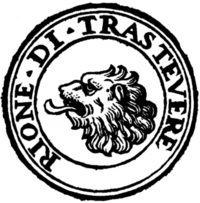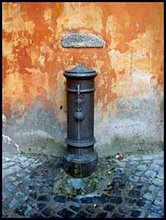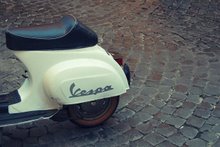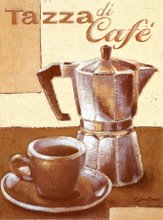Typical roman sweets part 1
Il Pangiallo Romano
Usually eaten: Christmas time

The “pangiallo”, better known as “pangiallo romano”, is a typical roman sweet, which has its origins in the ancient Rome and more precisely during the imperial age.
It was, indeed, one of those sweets that were donated to people during the celebration of winter solstice to facilitate the return of the sun. Traditionally pangiallo was obtained through the mixture of dried fruit, honey and candied citron, which was subsequently cooked and covered with a layer of egg batter. Even durino the ancient times up to the most recent, during the preparation of the “pangiallo romano” the housewife used to put dried kernels of typical summer fruit as apricots and plums instead of the most expensive almonds and hazelnuts. The typical pangiallo romano has undergone to several transformations over the centuries due to the expansion of territorial boundaries. In the modern reinterpretation of the pangiallo romano are now added, to the traditional recipe, the following products: almonds, walnuts, pine nuts, walnuts, raisins and pistachios.
(the link show you the distance from the Vatican square to the shop)





















